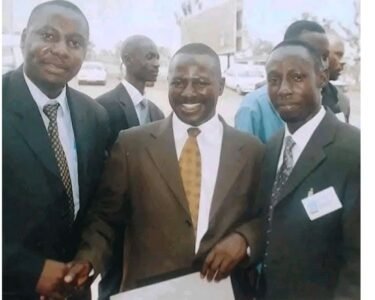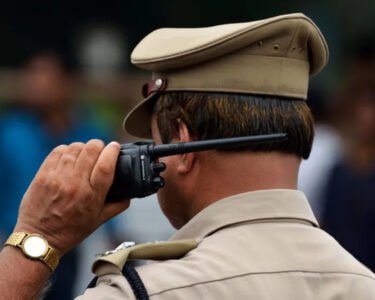In a significant move to bolster economic and military cooperation, Russian President Vladimir Putin and North Korean leader Kim Jong Un signed a comprehensive strategic partnership during a summit in Pyongyang. This agreement aims to cement a united front against Washington and includes provisions for North Korea to supply Russia with munitions for its ongoing conflict in Ukraine, in exchange for economic assistance and technology transfers that could enhance North Korea’s nuclear and missile capabilities.
The summit, highlighted by an extended two-hour face-to-face discussion, underscored the deepening ties between Moscow and Pyongyang. At the start of Wednesday’s talks, Putin expressed gratitude for North Korea’s support in what he described as a struggle against the “imperialist Hege monistic policies of the U.S. and its satellites.” He heralded the new agreement as a foundational document that will guide long-term bilateral relations, tracing the origins of their partnership to Soviet support during World War II and the Korean War.
Kim Jong Un emphasized the “fiery friendship” between the two nations, now stronger than during Soviet times, and pledged full support for Russia’s “special military operation” in Ukraine, framing it as a defense of sovereignty and security interests. However, specific details of this support and the agreement were not disclosed.
Both nations are currently under heavy sanctions—North Korea by the U.N. Security Council for its weapons program, and Russia by the U.S. and its allies for its actions in Ukraine. Despite these sanctions, Kim and Putin’s meeting in Pyongyang marks a significant moment of solidarity as they explore expanding military and economic cooperation.
During the summit, Kim introduced key North Korean leaders, including Foreign Minister Choe Son Hui, top aide Jo Yong Won, and his influential sister, Kim Yo Jong. Putin was accompanied by senior Russian officials such as Deputy Prime Minister Denis Manturov, Defense Minister Andrei Belousov, and Foreign Minister Sergey Lavrov.
U.S. and South Korean officials have accused North Korea of supplying Russia with military equipment for use in Ukraine, potentially in exchange for advanced military technologies and economic aid. Both Moscow and Pyongyang deny these allegations, which, if true, would violate multiple U.N. sanctions.
In a recent development, Russia, along with China, has provided political cover for North Korea’s nuclear advancements by blocking U.S.-led efforts to impose new U.N. sanctions. A Russian veto in March ended U.N. monitoring of sanctions against North Korea, raising concerns that Moscow is seeking to obscure arms deals with Pyongyang.
South Korean analysts suggest Kim will likely seek greater economic benefits and advanced military technologies from Russia. North Korea’s military program, which now includes intercontinental ballistic missiles, may require external technological assistance to advance further. Indicators suggest Russia may already be aiding North Korea in space rocket and military reconnaissance satellite technologies, crucial for monitoring South Korea and bolstering its nuclear threats.
Furthermore, North Korea may seek to increase labor exports to Russia and engage in other illicit activities to earn foreign currency, despite U.N. sanctions. Discussions may also cover expanded cooperation in agriculture, fisheries, and mining, as well as promoting Russian tourism to North Korea.
U.S. Secretary of State Antony Blinken commented on the summit, highlighting Russia’s desperation to strengthen relations with countries that can support its war efforts in Ukraine. He noted significant contributions from North Korea and Iran in providing munitions and weaponry to Russia.
As tensions escalate on the Korean Peninsula, both Kim’s weapons tests and joint military exercises by the U.S., South Korea, and Japan have intensified. The Koreas have also engaged in psychological warfare, with North Korea sending trash-laden balloons into the South and South Korea broadcasting anti-North Korean propaganda.
Putin’s visit to North Korea, followed by a planned trip to Vietnam, marks a pivotal moment in the evolving geopolitical landscape, with potential implications for regional and global security.





